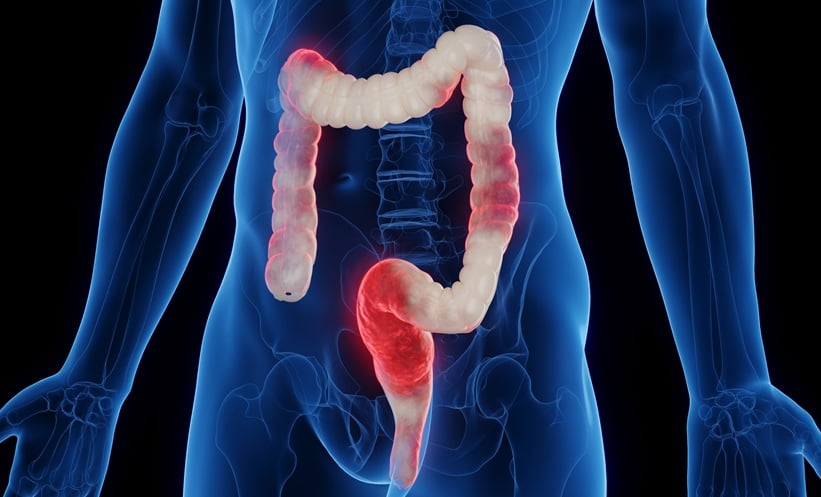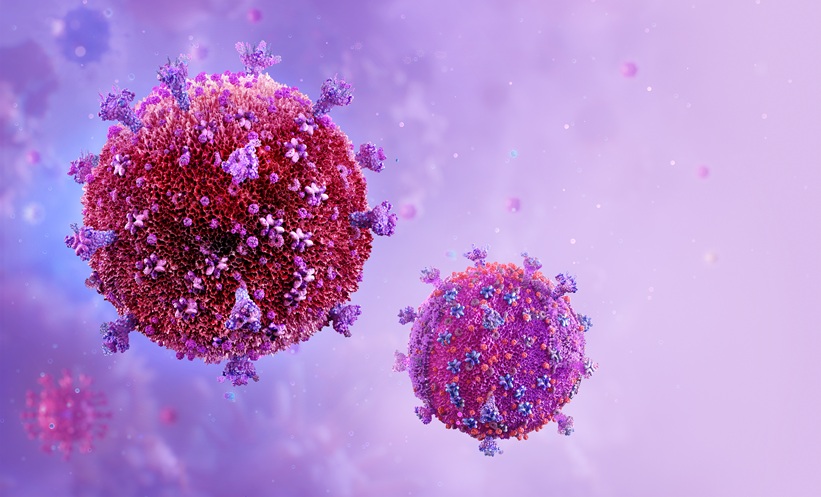ULCERATIVE colitis (UC) is a chronic inflammatory bowel disease marked by ongoing inflammation of the colon’s lining. Despite advances in treatment, many patients still fail to respond to current therapies and ultimately require surgical removal of the colon. A new study sheds light on an overlooked mechanism involving bacterial extracellular vesicles (BEVs) and immune responses that may help explain persistent inflammation in UC.
The study analysed colonic fluid from UC patients and non-IBD controls, revealing that UC patients harbour high levels of BEVs coated with immunoglobulin A (IgA). These vesicles, tiny non-living particles released by gut bacteria, were found to trigger strong inflammatory responses via CD89, a receptor found on certain immune cells. Notably, the degree of inflammation correlated with both IgA levels and CD89-IgA complexes in the colon.
Previous research has shown that UC is characterised by a disrupted intestinal barrier, allowing gut microbes and their by-products to interact inappropriately with the immune system. This study goes a step further, identifying BEVs as critical inflammatory effectors. BEVs mimic their bacterial source and carry potent immune-stimulating compounds. When coated in IgA, they are efficiently recognised by CD89+ cells, which release pro-inflammatory cytokines.
Importantly, in a mouse model expressing human CD89, IgA-coated BEVs worsened inflammation and prevented recovery from induced colitis. These findings suggest that BEVs, once thought to be passive by-products of bacterial life, are active drivers of disease in UC.
Clinically, this discovery could reshape the understanding of immune regulation in UC. It highlights the need to re-explore B cell-targeted therapies, particularly since the anti-CD20 antibody rituximab may have missed IgA-producing cells lacking CD20. Moreover, BEVs could serve as biomarkers of disease activity and new therapeutic targets.
In sum, the study presents a novel inflammatory pathway in UC involving IgA-coated BEVs and CD89+ immune cells, offering fresh insight into disease mechanisms and treatment opportunities.
Reference
Thapa HB et al. Enrichment of human IgA-coated bacterial vesicles in ulcerative colitis as a driver of inflammation. Nat Commun. 2025;16(1):3995.








